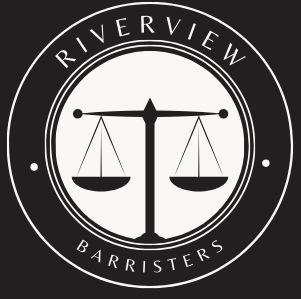Divorce can be costly. Lawyer fees are an integral component of the process and they can quickly add up.
Complex cases add costs; custody disputes, mental health concerns and hiring of experts such as therapists often increase attorney billable time.
Understanding hourly billing can help you avoid surprises and control legal costs more efficiently.
Costs
People considering divorce often wonder about the costs associated with hiring an attorney, especially hourly rates and any additional factors that might impact total cost.
Divorces that involve children or substantial assets will incur increased costs, often necessitating expert witness testimony, home studies, mediation sessions and temporary order hearings – as well as possible trial costs that add even further expense to proceedings.
Another way to reduce costs is to arrive for meetings with your lawyer fully-prepared. Gathering documents like financial statements, tax returns, and property deeds ahead of time can reduce how long an attorney spends collecting this information from you. Furthermore, many lawyers offer flexible fee structures. Communicating your budget to potential attorneys as well as asking if they offer payment plans can help avoid unexpected financial strain during what can often be a trying time.
Time
Dependent upon the complexity of your situation, getting divorced could take anywhere from 60 days for uncontested divorces without children to months or even years (for contested ones with complex issues like child custody). Unfortunately, due to various legal obstacles it could even take much longer.
Time in a divorce case can often be spent gathering evidence, which can be tedious if your spouse does not provide it willingly.
Lawyers typically track time in six-minute increments, so you will receive an itemized bill outlining all the tasks they have performed for you and how much time has been billed thus far. Hourly billing allows flexibility while guaranteeing you only pay for services needed and helping prevent unexpected expenses; it is however crucial that you understand its workings so there are no surprises at the end of your case.
Experience
An ideal divorce lawyer requires at least four years of experience practicing family law and an earned Juris Doctorate from an accredited law school; additionally they should maintain current Continuing Legal Education (CLE). Furthermore they should possess extensive knowledge of local and state family laws.
Understand and empathize with their client’s emotional state – this may prove essential during negotiations regarding custody or other crucial issues.
Find out whether your potential attorney utilizes hourly billing, which allows for greater transparency and is typically an ethical practice. Ensure your attorney clearly outlines their hourly rate and payment terms in a written fee agreement to avoid misunderstandings and keep misunderstandings at a minimum. Regular communication between yourself and your lawyer allows any issues or concerns to be quickly addressed.
Retainers
Retainer fees are upfront deposits paid to attorneys as an upfront deposit to secure their services and deducted from the hourly rate as they work on your case. This system ensures both transparency and ensures your attorney receives fair compensation for his or her efforts on your behalf.
Before hiring an attorney, it is crucial that you gain an understanding of their billing process. This will enable you to effectively manage legal costs and avoid unexpected financial surprises. For maximum transparency, request a written fee agreement which outlines hourly rates and retainer amounts as well as alternative arrangements such as flat fees for specific scopes of work; flat fee agreements often tend to be cheaper than traditional divorce litigation methods but may not always be available due to more time and resource requirements.
